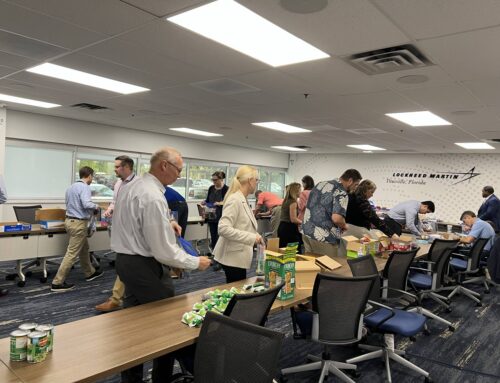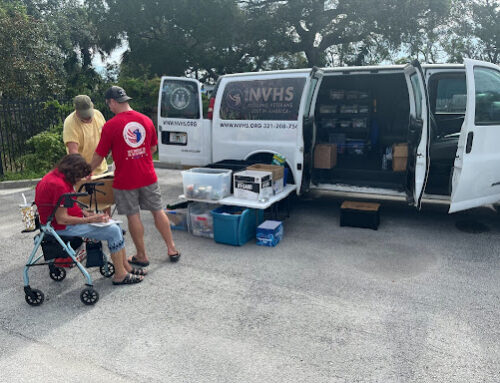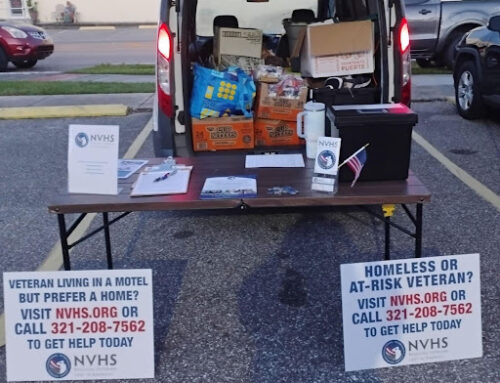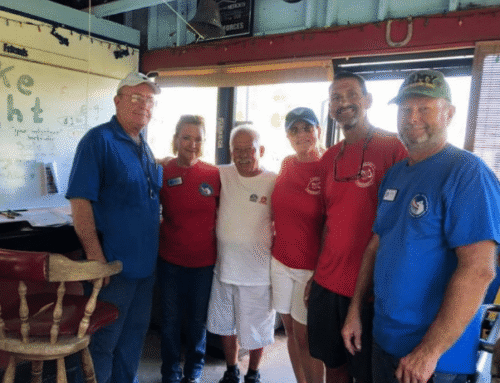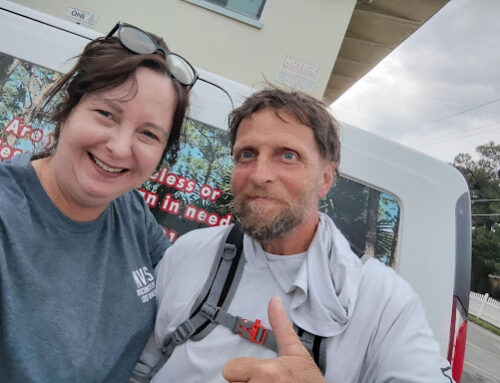The Psychological Impact of Reintegration: Understanding the Long-Term Effects of Service
Reintegration is the process by which veterans transition from military to civilian life. This encompasses adjusting to family life, entering the civilian workforce, and adapting to a non-military social environment. For many veterans, this transition involves not only practical but also profound emotional and psychological adjustments. In this article, we will explore the impact that reintegration can have on veterans and explore the long-term effects of service.
Psychological Effects of Military Service
The psychological toll of military service extends beyond the battlefield, affecting various aspects of veterans’ lives in profound ways:
- Heightened Risk for Mental Health Disorders: Beyond PTSD, veterans are at increased risk for conditions such as Generalized Anxiety Disorder (GAD) and Major Depressive Disorder (MDD), driven by the high-stress environments and traumatic experiences encountered during service.
- Impact on Family Relationships: The psychological effects of military service can extend to family dynamics, often straining relationships through behavioral changes and emotional withdrawal by the veteran.
- Long-Term Health Consequences: Chronic stress and mental health issues can lead to long-term physical health problems, including cardiovascular disease and a weakened immune system, complicating a veteran’s health well beyond their service years.
Difficulties in Reintegration
The reintegration of veterans into civilian life presents a spectrum of challenges that can hinder their adjustment and well-being:
- Cultural Disconnection: Veterans may struggle with feeling disconnected from civilian cultural norms and practices, making social integration challenging.
- Identity Crisis: Moving from a highly structured military identity to a civilian one can create a crisis of identity for many veterans, complicating their sense of purpose and self-worth.
- Barriers to Employment: While veteran unemployment rates have been steadily dropping, veterans often encounter difficulties in translating military skills to civilian job markets, and may face employer biases regarding mental health.
The Negative Effects of Military Service
The negative effects of military service are manifold and can profoundly impact veterans’ mental and social health in several critical ways:
- Increased Risk of Substance Abuse: High stress and coping with PTSD often lead veterans toward increased alcohol and drug use as a form of self-medication, further impacting their health and social reintegration.
- Social Isolation: The stigma associated with mental health issues and the warrior culture’s emphasis on toughness can lead veterans to isolate themselves, exacerbating feelings of loneliness and depression.
- Suicide Risk: The culmination of depression, isolation, and other mental health issues significantly contributes to a higher rate of suicide among veterans compared to the civilian population.
Veteran Reintegration Issues in the USA
Veteran reintegration issues in the USA encompass a range of socio-economic and healthcare challenges that require targeted interventions and support:
- Economic Impact: Veterans often face economic instability due to unemployment or underemployment, impacting their ability to secure housing and meet basic needs.
- Healthcare Access: While many veterans are eligible for VA healthcare, challenges in accessibility, service quality, and bureaucratic hurdles can impede their ability to receive adequate care.
- Community Integration Programs: The need for programs that facilitate community integration and understanding between veterans and civilian populations is crucial. Programs that educate employers about the value of skills acquired during military service and how they translate to civilian roles can aid in improving employment outcomes.
Addressing these issues comprehensively requires coordinated efforts between governmental agencies, private organizations, and communities to create a supportive environment that acknowledges and adapts to the unique needs of returning veterans.
How Can These Difficulties Be Addressed?
- Mental Health Support:
-
-
- Access to Professional Counseling: Veterans can benefit from regular sessions with mental health professionals specializing in PTSD, depression, and anxiety related to military experiences.
- Veterans Affairs Programs: The VA offers various programs and services that focus on mental health care, such as the Veterans Crisis Line and inpatient or outpatient treatment facilities. If you or someone you know is struggling with mental health, dial 988, then press 1.
- Mobile Apps and Online Resources: Tools like the PTSD Coach app and online therapy platforms provide accessible resources for veterans seeking help anonymously or remotely.
-
- Community and Peer Support:
-
-
- Veteran Organizations: Groups like the American Legion and Veterans of Foreign Wars offer a sense of camaraderie and belonging, which can be crucial during reintegration.
- Local Meetups and Social Groups: Engaging in local activities and meetups can help veterans find peers with similar experiences, reducing feelings of isolation.
- Community Resource Centers: Local centers often offer activities and support groups that foster a positive community environment.
-
- Service Animals and Support:
-
-
- Emotional Support Animals: Beyond service animals, emotional support animals can provide comfort and relief from stress, anxiety, and depressive symptoms.
- Therapeutic Riding Programs: Programs like equine therapy have shown benefits for emotional healing and mental health among veterans.
- Certification and Training Programs for Service Animals: These programs ensure that animals are properly trained to assist with disabilities, enhancing their effectiveness as support companions.
-
- Addressing Stigma:
-
-
- Public Education Campaigns: These can help to educate the civilian population about the challenges faced by veterans and the nature of mental health issues while reducing stigma and misconceptions about veterans as well.
- Veteran Advocacy and Leadership: Veterans leading by example, speaking out about their mental health struggles, and advocating for change can help break down barriers.
- Integration Programs: Programs aimed at integrating mental health education into the military discharge process can prepare veterans for the transition.
-
- Peer Support Programs:
-
- Mentorship Programs: Pairing newly discharged veterans with those who have successfully reintegrated can provide guidance and a smoother transition.
- Online Forums and Networks: Platforms specifically for veterans can provide a space to share experiences and strategies for coping with reintegration challenges.
- Workshops and Retreats: Events focused on building skills and coping mechanisms can reinforce peer relationships and provide targeted support.
By expanding these services and ensuring they are readily accessible, society can significantly ease the reintegration process for veterans, helping them to adjust more successfully to civilian life while managing the psychological impacts of their service.
Reintegration after military service is more than just a physical transition — it involves overcoming the psychological barriers created by military experiences. By addressing these issues through comprehensive support systems, society can ease the burden on veterans as they adjust to civilian life, benefiting from their immense skills and experiences.
National Veterans Homeless Support seeks to eliminate homelessness among veterans in Central Florida and nationwide. NVHS takes a proactive, intervention-based approach to homelessness by meeting homeless veterans where they are and helping them from there. Through programs such as Search and Rescue Outreach, NVHS helps homeless veterans get the supplies they need to survive, connects them with support and resources, and helps them transition off the streets and into temporary or permanent housing. Some of our programs also include art therapy to help veterans heal. If you’re able, consider supporting our mission by donating or signing on as a volunteer.

